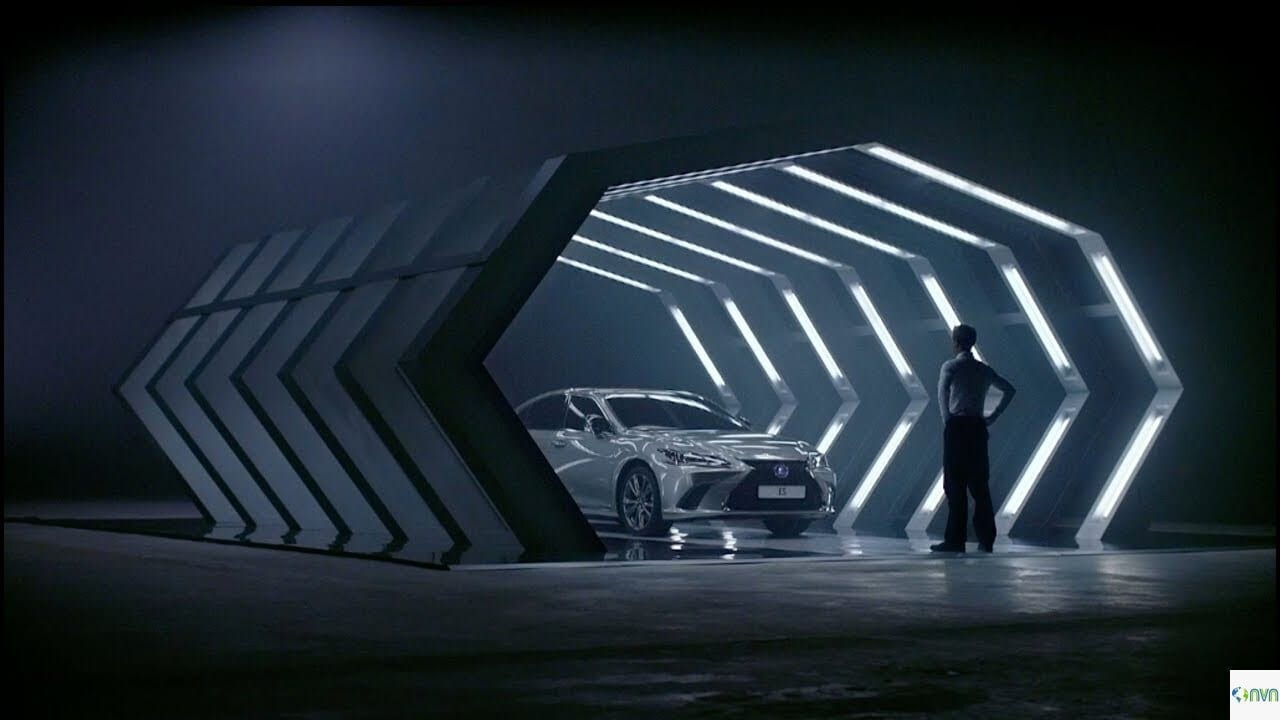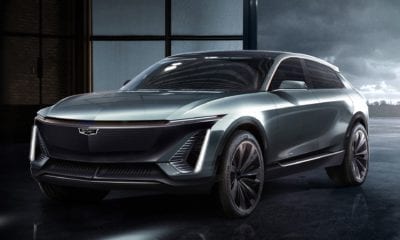Cars
GOING ELECTRIC: Shunning the combustion engine

All car models rolled into market by Volvo after 2019 will either be fully electric or hybrid cars. This was said by the Chinese-possessed organization Geely on Wednesday, making it the primary major conventional automaker to set a date for eliminating vehicles which are powered exclusively by the interior combustion engine.
While electric and hybrid cars are relatively new concept, they are making strides at the top notch end of the market, where Volvo and Elon Musk’s Tesla Motors has been an immaculate play battery car producer from the very beginning. As new innovations roll out and costs fall due to increased supply and competition, numerous think tanks in automobile industry anticipate that mass-advertise selection will take the trend.
According to Volvo Cars CEO Hakan Samuelsson, the organization will roll out five new models in 2019 -2021, all completely electric. Volvo has put vigorously in new models and plants, after Geely of Ford purchased it in 2010. Some portion of its procedure has additionally been to grasp developing innovations that permit higher execution electric cars, inevitably, self-driving automobiles.
The Sweden-based organization will keep on producing immaculate combustion engine models propelled before that date, yet this turn flags the inevitable end of combustion engine by Volvo. Volvo presently hasn’t built even a single completely electric car however as of now it offers five hybrid models that can be driven a couple of dozen miles electric power before changing to a regular motor power. Tesla’s Model 3 is set to be presented to clients this month. According to Jaguar its all-electric vehicle, I-Pace, will go at a bargain, one year from now, while Audi will offer two premium electric autos in two years, that year that Mercedes-Benz is also planning to dispatch its first fully electric sports car under its EQ mark.
Comprehensively, the market for completely electric cars is small, yet it is developing rapidly. On the off chance that the development rate since 2013, were to continue to 2030, by that time, eight out of 10 cars sold would be plug-ins.


































